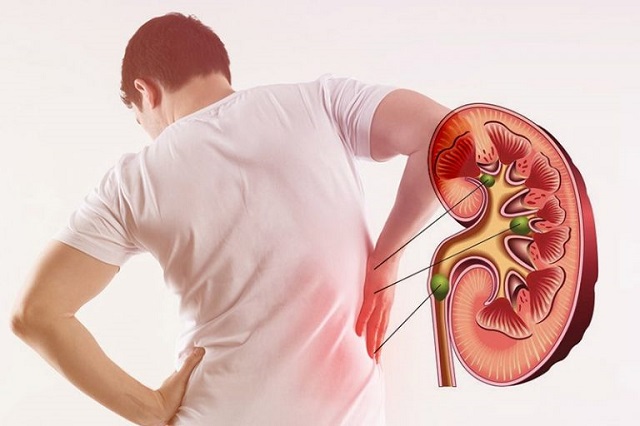Kidney Stones
Kidney stones are hard objects made of minerals and salts in urine. They form inside the kidneys. You may hear healthcare professionals refer to kidney stones as renal calculi, nephrolithiasis or urolithiasis.
Kidney stones have various causes. These include diet, extra body weight, some health conditions, and some supplements and medicines. Kidney stones can affect any of the organs that make urine or remove it from the body — from the kidneys to the bladder. Often, stones form when the urine has less water in it. This lets minerals form crystals and stick together.
Passing kidney stones can be quite painful. But prompt treatment usually helps prevent any lasting damage. Sometimes, the only treatment needed to pass a kidney stone is taking pain medicine and drinking lots of water. Other times, surgery or other treatments may be needed. It depends on size, location and the type of stone you have.
If you’ve had more than one kidney stone, your healthcare professional can show you ways to prevent more. This may involve making diet changes, taking medicine or both.
Symptoms
A kidney stone usually doesn’t cause symptoms until it moves around within the kidney or passes into one of the ureters. The ureters are the tubes that connect the kidneys and bladder.
If a kidney stone gets stuck in one of the ureters, it may block the flow of urine and cause the kidney to swell and the ureter to spasm. That can be very painful. At that point, you may have these symptoms:

- Serious, sharp pain in the side and back, below the ribs.
- Pain that spreads to the lower stomach area and groin.
- Pain that comes in waves and varies in how intense it feels.
- Pain or a burning feeling while urinating.

